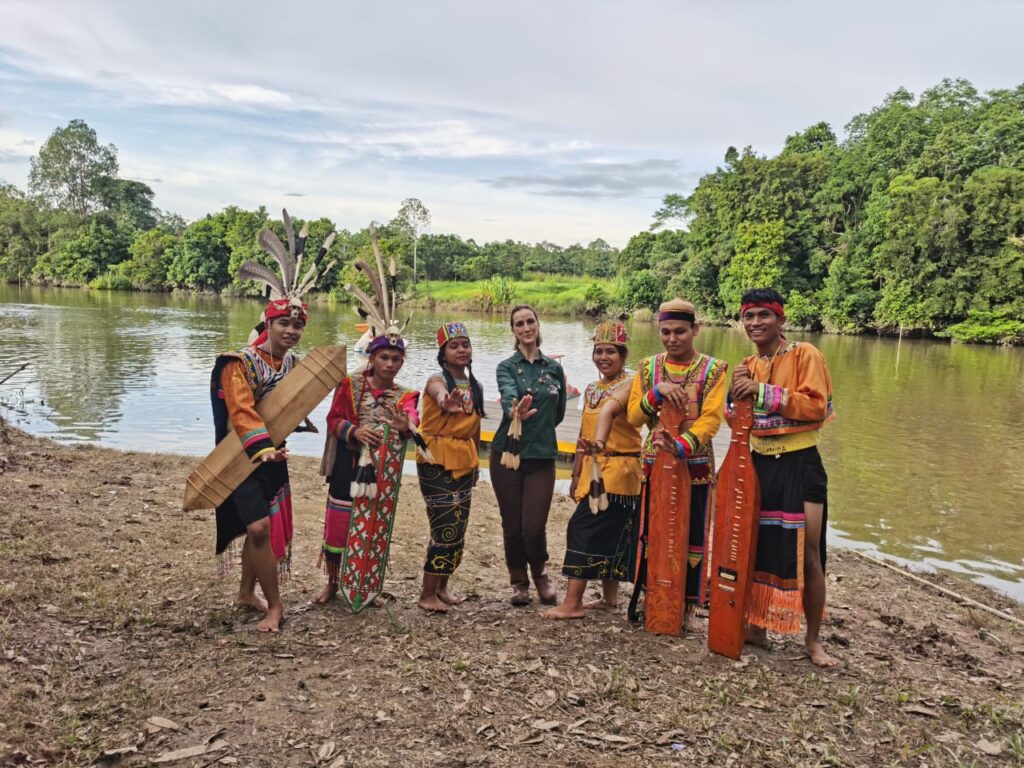Food Security & Alternative Livelihoods

Food Security
Food security is an essential strategy to achieve the goal of Zero Hunger in the UNSDG. In the last five years, the policy direction of the Food Security Agency of Indonesia for strengthening food security in Indonesia was focused on three main areas – food availability, food accessibility and food utilization. We have a commitment to mitigate impact on food security, which applies to all our suppliers in our supply chain.
At DSN Group, we practice principles of FPIC, wherein affected local communities have the right to say ‘no’ to planned operations on their lands, during the information gathering stage and relevant consultations, negotiations up until an agreement is reached.
To ensure local food security, participatory discussions and mapping of the HCV and HCS assessments will reveal the actual conditions and land use planning of the community, including the choice of areas for food supply. Identification of land use is carried out by involving the local community, especially to identify paddy fields (rice), as well as other food production areas such as Tembawang areas in Kalimantan. The same commitment applies to all suppliers and supply chain
For example, in the PT Agro Andalan (PT AAN) and PT Mitra Nusa Sarana (PT MNS) concessions, there are areas which, although not fully HCV or HCS, are recommended to be retained under the current land use. The Sawah and Tembawang areas are maintained and included as “No Go Areas” for the development of our oil palm plantations. The areas not included in the planting plan due to these considerations are 1,480 ha in PT AAN and 209 ha in PT MNS.
DSN Group is also consistent in helping farmers through the development of smallholder schemes (Plasma) and independent smallholders. The purpose of this scheme is to provide more opportunities for smallholder and help them to alleviate poverty, so that each family is more empowered in meeting primary needs, including food.
Alternative Livelihood
By providing alternative livelihoods, we create interventions that aim to reduce and mitigate activities that are potentially environmentally damaging. This is important, especially for farmers (independent smallholders) or communities who are in high risk areas related to deforestation and environmental degradation.
DSN Group is already providing a number of alternative income-generating opportunities for local communities in construction, transports, education, health, services, as well as through its own business.
Some examples are a truck purchasing scheme that we developed to allow for approximately 420 households to provide all of DSN Group’s transportation needs (nearly 1,100 vehicles for FFB, CPO, and worker’s commute), and capital support to establish credit unions. DSN Group is also looking after the development and management of elementary and junior high schools in collaboration with the Sanata Dharma University. We provide teacher’s salaries and school’s transportation services and have developed informal educational programs at people’s houses.